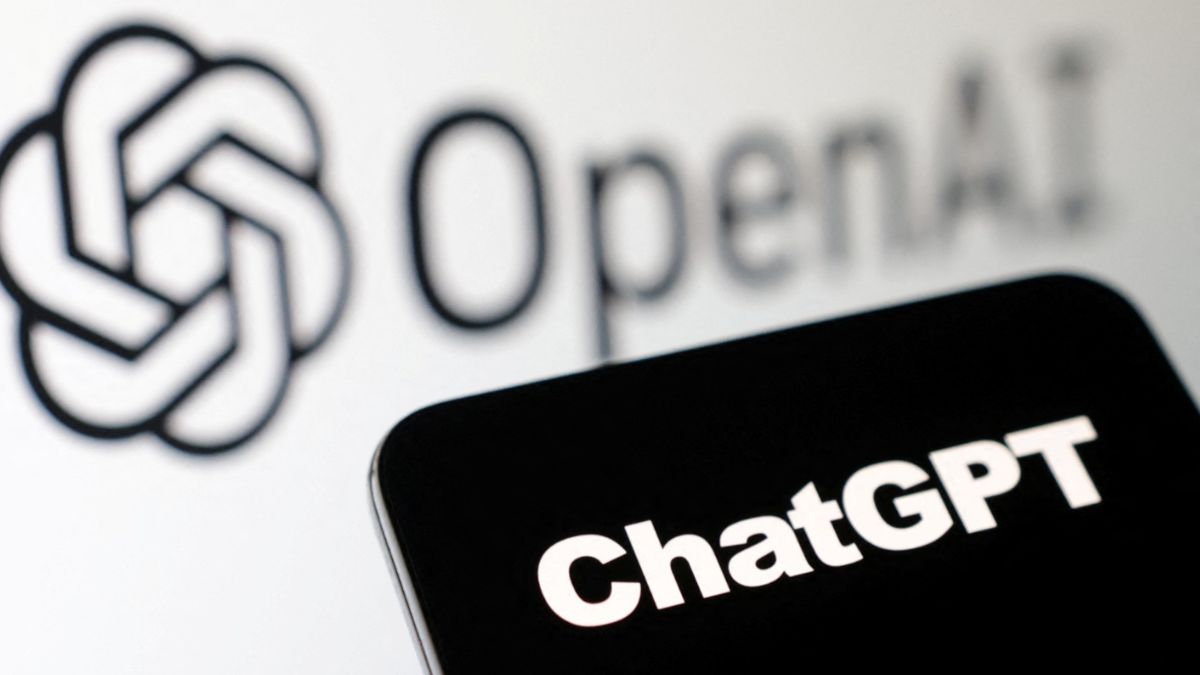ChatGPT Outage: What Happened and What It Means for the Future of AI
In a world increasingly reliant on AI chatbots, the recent global outage of ChatGPT sent shockwaves across the internet. Millions were left speechless—literally! For over three hours, the immensely popular AI tool from OpenAI went dark, leaving users stranded and sparking a wave of memes and speculation. What exactly happened? Was it a sign of AI's inherent instability, or simply a hiccup in the grand scheme of technological innovation? Let's dive into this digital drama and uncover the mysteries behind the outage. Get ready, because it's a rollercoaster of unexpected twists and turns that just might change how you look at AI!
The Great ChatGPT Blackout: What Went Down?
The ChatGPT outage on Thursday wasn't just limited to the main chatbot; it also affected OpenAI's API and its impressive Sora video generation platform. The timing was especially awkward, coming hot on the heels of OpenAI's big announcement: the arrival of ChatGPT on iPhones, iPads, and Macs. Imagine the irony! Just as they were celebrating their expansion, the system goes offline! It truly shows the unpredictable side of technology, regardless of hype and successful integration.
Ripple Effect of a Downtime: Users Speak Out
Social media exploded with frustrated users sharing memes, jokes, and general exasperation. The online world was thrown into temporary chaos, with many unable to access critical tools, services, and perhaps, even their daily dose of AI interaction. Many speculated wildly, fueling concerns regarding security risks and the potential limitations of relying on seemingly stable systems. OpenAI quickly responded, confirming the issues on their Twitter, now known as X, keeping people informed amidst the digital disarray.
Was it a Bug or a Feature?
Though OpenAI swiftly addressed the issues, restoring service in record time, the root cause remains shrouded in mystery. It raises an interesting debate that will likely remain unresolved for some time, adding fuel to an already hotly discussed topic that encompasses technological innovation and reliability.
A Pattern of Disruptions?
This wasn't the first time ChatGPT has stumbled. Just last month, CEO Sam Altman took to X, issuing an apology for a 30-minute outage that impacted over 19,000 users. This event demonstrates that even giants like OpenAI face challenges related to system stability and responsiveness. Their acknowledgment of areas needing improvement clearly speaks to the growing complexity and potential pitfalls related to high usage AI and software.
More Than Just ChatGPT: Global Service Disruptions Are Not Uncommon
The event also served to emphasize the interdependence of digital systems. The global outage not only affected ChatGPT, but it highlighted how digital connectivity failures ripple through society. The ChatGPT outage came mere hours after Meta faced their own massive issues, affecting services like WhatsApp and Facebook, causing a widespread interruption of global communication systems, underscoring the vulnerability of reliance on such technological giants. Such situations highlight that even companies with high levels of reliability and engineering infrastructure must deal with problems.
Beyond the Glitch: Learning From the Outages
The ChatGPT outage serves as a poignant reminder that even cutting-edge technology isn't immune to malfunctions. It highlights several crucial points about digital dependencies: the need for enhanced reliability and improved infrastructure that reduces such service disruptions, improved disaster recovery measures, and better communication strategies. This provides the opportunity to build better systems and better responses. In the near future, how will chatbots handle high demands for AI assistance?
The Future of AI: Stability and Scalability
The increasing reliance on AI systems demands a corresponding increase in their stability and scalability. OpenAI and similar companies are working tirelessly to make these chatbots faster and more reliable but issues remain. How will AI deal with increasing demands, complex data sets and improved functionality? These types of major disruptions need to be addressed quickly and smoothly for consumer confidence to improve.
Take Away Points
- The recent ChatGPT outage highlighted the fragility of even the most advanced AI systems.
- The incident emphasizes the need for robust infrastructure and enhanced contingency planning for crucial systems.
- OpenAI's prompt response reflects their dedication to improvement, but it highlights an important element in AI's journey to become more reliable, transparent and resilient.
- Global reliance on AI demands more proactive consideration on improving the reliability of such systems in the future.




